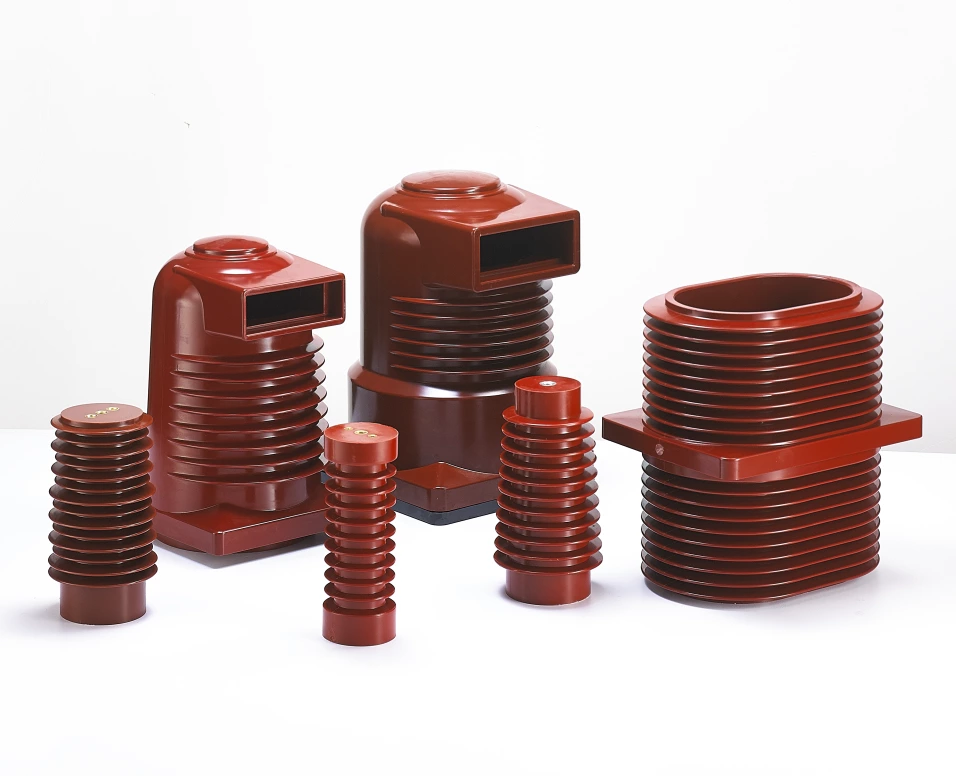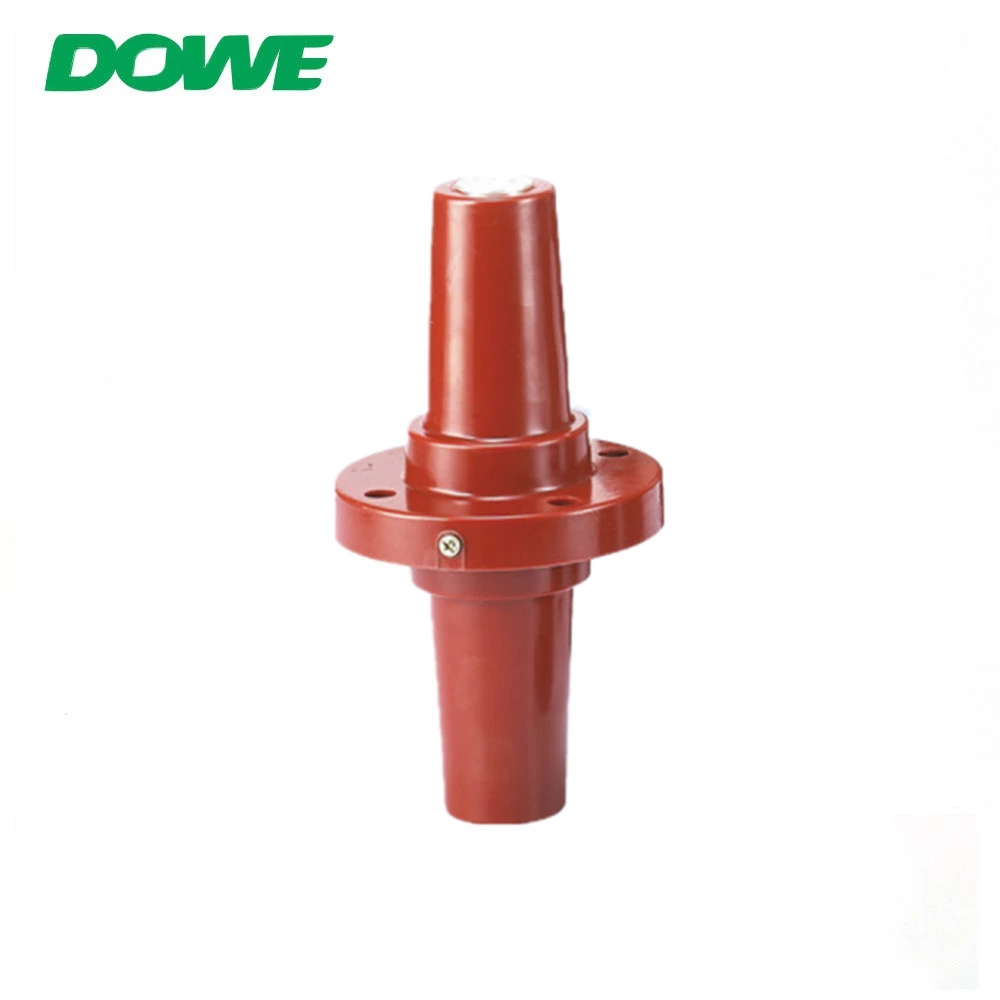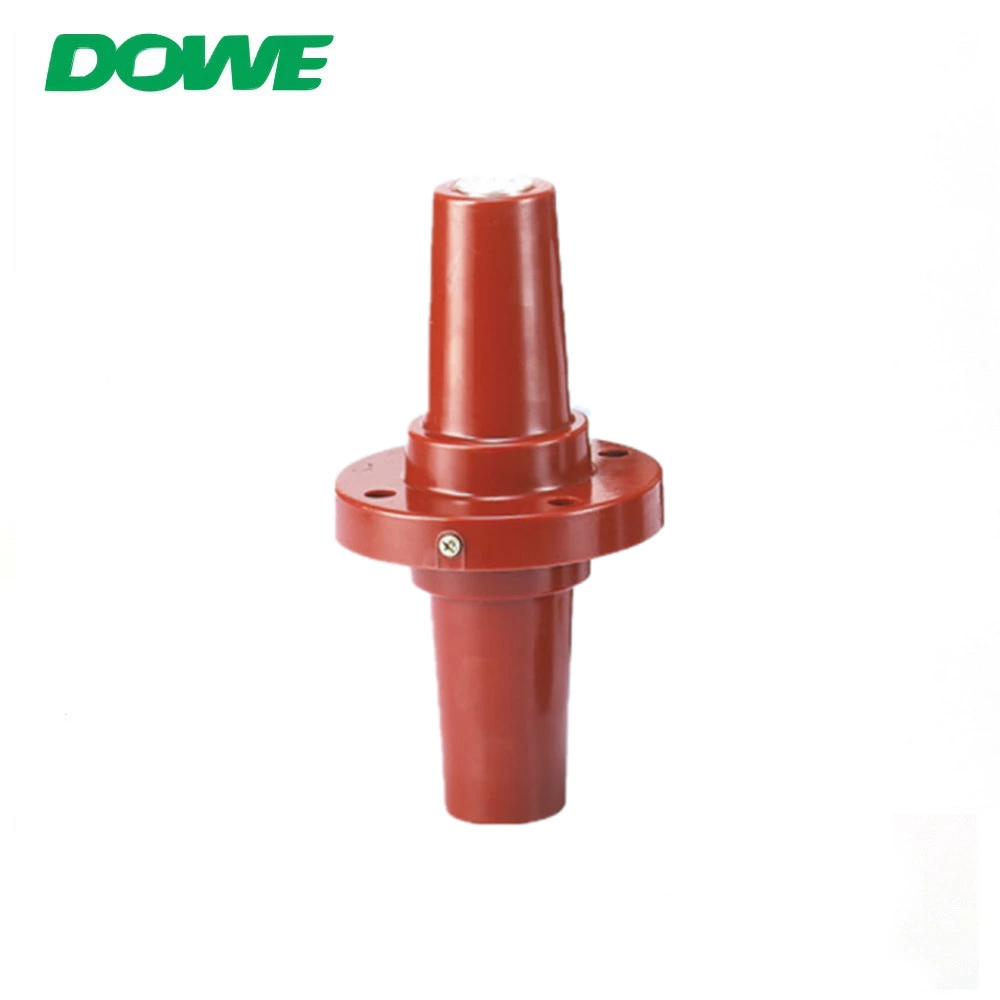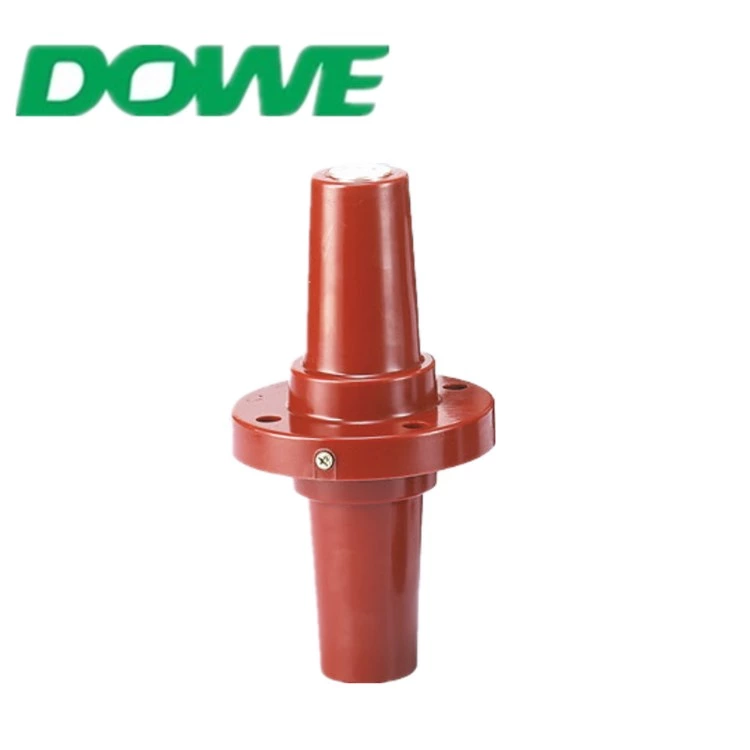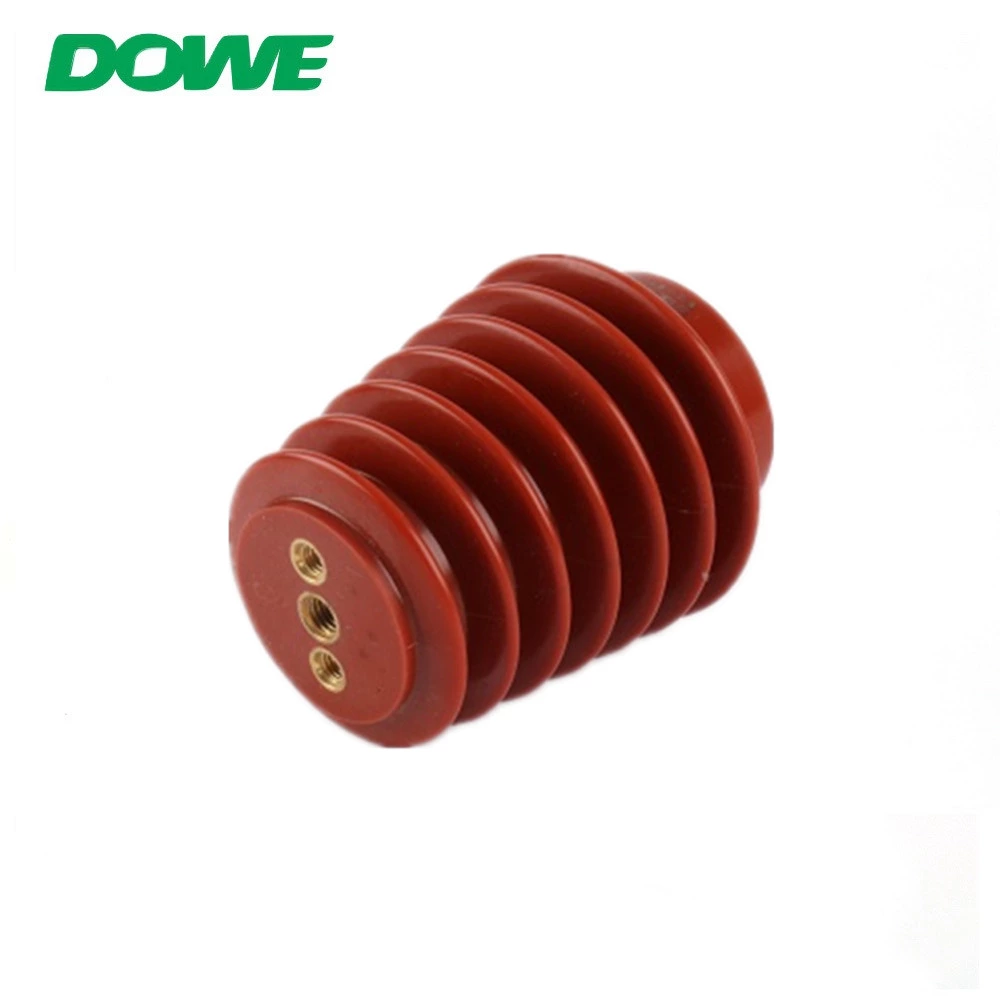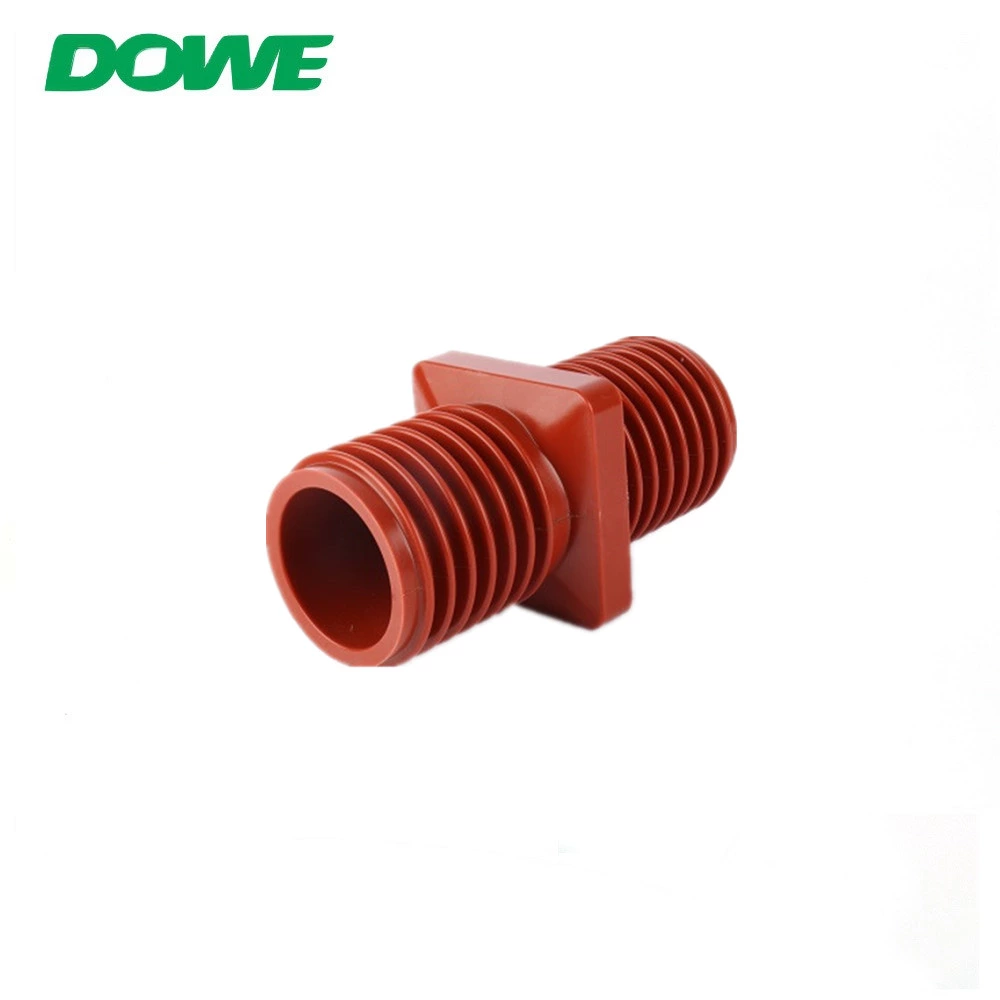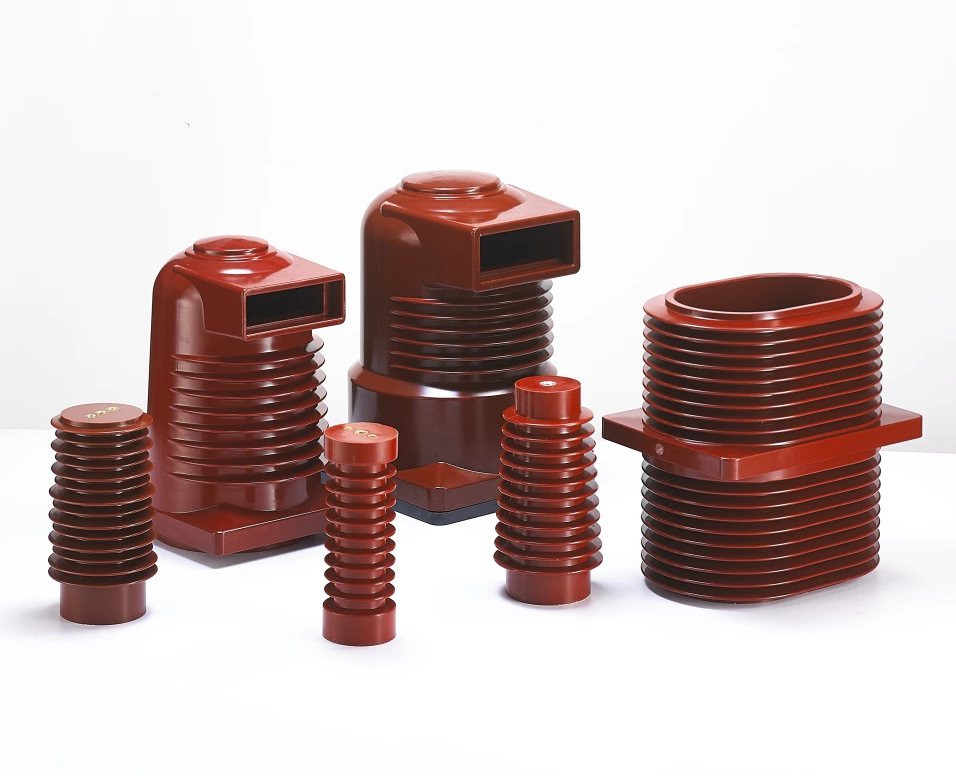What are the advantages of porcelain busbar insulators over other materials?

When it comes to electrical insulators, choosing the right material is critical. Porcelain has been a trusted option for decades due to its outstanding performance. But how does it compare to modern alternatives like plastic or resin? Let’s uncover the advantages of porcelain busbar insulators.
Porcelain busbar insulators are preferred for their superior electrical properties, durability, and resistance to environmental factors, making them ideal for industrial applications.
Stick around as we dive into why porcelain is the material of choice for high-demand applications.
[Table of Contents]
- Why is porcelain a superior electrical insulator?
- How durable are porcelain insulators compared to alternatives?
- What makes porcelain resistant to harsh environmental conditions?
- Can porcelain insulators be customized for unique needs?
- What are the cost and lifecycle benefits of porcelain?
- Conclusion
Why is porcelain a superior electrical insulator?
Porcelain is widely recognized for its excellent electrical insulation properties. Its ceramic composition is inherently non-conductive, making it highly effective at handling high voltages and preventing current leakage.
Porcelain’s high dielectric strength and minimal electrical loss make it superior to materials like plastic or resin.
Dive deeper into porcelain’s electrical properties:
- Dielectric strength:1 Porcelain can handle up to 100kV/cm, far surpassing many synthetic materials.
- Low electrical conductivity: Its molecular structure prevents current flow, ensuring maximum insulation.
- Thermal performance: Porcelain remains stable under fluctuating temperatures, maintaining its insulating properties.
These features make porcelain the go-to choice for power transmission and distribution applications where reliability is paramount.
How durable are porcelain insulators compared to alternatives?
Durability is a key factor in industrial applications. Porcelain insulators are built to last, offering excellent mechanical strength and resistance to wear.
Porcelain’s durability ensures it withstands mechanical stress, impacts, and prolonged use without significant degradation.
Dive deeper into durability advantages:
- Impact resistance: Porcelain’s rigid structure handles mechanical shocks better than resin-based materials.
- Longevity:2 Unlike plastics, porcelain does not degrade under UV light or exposure to chemicals.
- Performance retention: Porcelain maintains its properties over decades, providing a low-maintenance solution.
In critical environments, the ability to endure wear and tear without frequent replacements makes porcelain a cost-effective choice.
What makes porcelain resistant to harsh environmental conditions?
Porcelain excels in outdoor and industrial settings where materials are exposed to extreme conditions. Its unique properties make it highly resilient against environmental factors.
Porcelain resists water, UV radiation, and chemical exposure, making it ideal for demanding environments.

Dive deeper into environmental resistance:
- Weatherproofing: Porcelain performs reliably in rain, snow, and intense sunlight without degradation.
- Corrosion resistance: It resists chemical reactions, unlike metals or polymers that may corrode or erode.
- Thermal stability:3 Even in freezing or scorching conditions, porcelain insulators maintain their structural and functional integrity.
This reliability is why porcelain insulators are preferred for outdoor power grids and substations.
Can porcelain insulators be customized for unique needs?
Every project has unique requirements. Porcelain’s versatility in manufacturing allows it to meet specific technical and dimensional needs.
Porcelain insulators are easily customizable, offering flexibility in design and compliance with global standards.
Dive deeper into customization:
- Design flexibility: Manufacturers can produce insulators in various shapes, sizes, and configurations to suit specific applications.
- Certifications: Porcelain insulators are made to comply with international standards, ensuring quality and safety.
- Bulk production: With advanced molding techniques, porcelain insulators can be produced at scale without compromising consistency.
This adaptability ensures that porcelain insulators can be used in diverse industries, from renewable energy to traditional power systems.
What are the cost and lifecycle benefits of porcelain?
While initial costs for porcelain insulators may be higher than some alternatives, their extended lifespan and reliability offset these expenses over time.
Porcelain insulators deliver better value through lower maintenance costs and longer operational lifespans.
Dive deeper into cost benefits:
- Lifecycle savings:4 The durability and stability of porcelain reduce the frequency of replacements.
- Operational efficiency: Reliable performance minimizes system downtimes and operational risks.
- Eco-friendliness: Porcelain is non-toxic and recyclable, making it a sustainable choice for long-term use.
The lifecycle value of porcelain insulators positions them as a smart investment for businesses looking to optimize costs without compromising on quality.
Conclusion
Porcelain busbar insulators offer unmatched electrical insulation, durability, and environmental resistance. Their customizability and lifecycle benefits make them a cornerstone of industrial power systems worldwide.
Footnotes
-
To help readers understand what dielectric strength means in the context of porcelain insulators and how it impacts performance in high-voltage applications. ↩
-
Provides clarity on how porcelain resists UV radiation compared to other materials, improving durability for outdoor use. ↩
-
Offers deeper insights into the environmental impact of porcelain and its resilience to weather, corrosion, and extreme temperatures. ↩
-
Explains how the lifecycle cost benefits of porcelain make it a long-term, cost-effective choice for industrial applications. ↩

